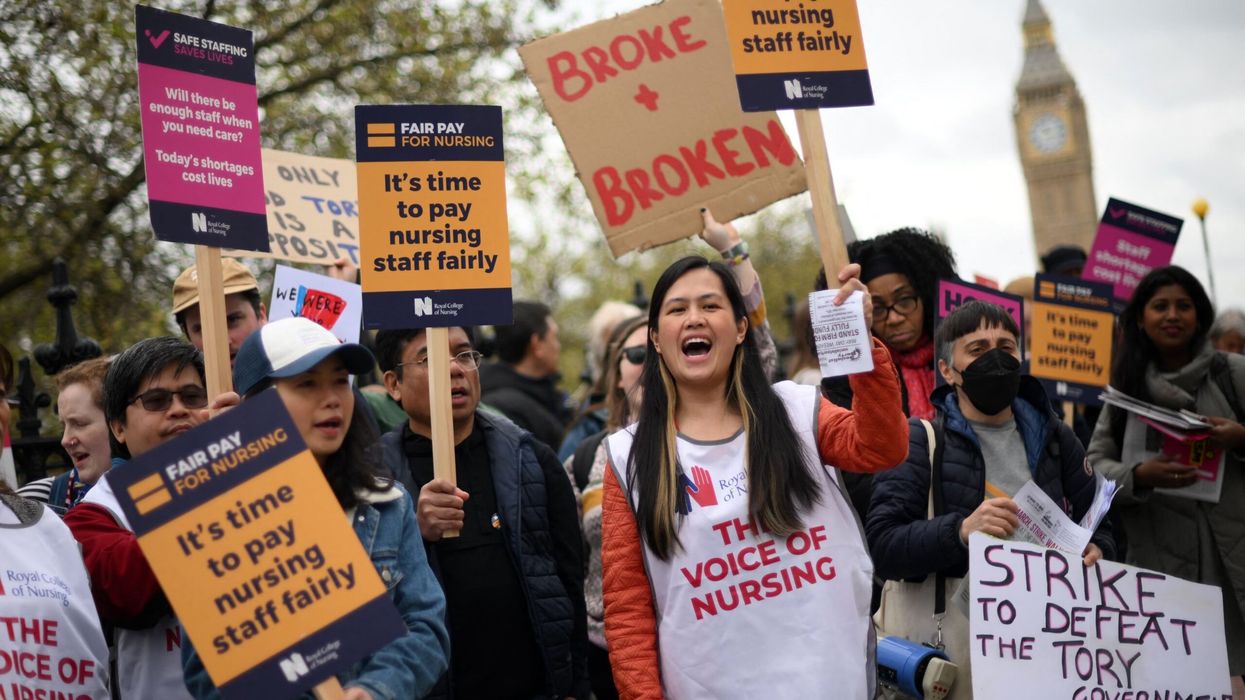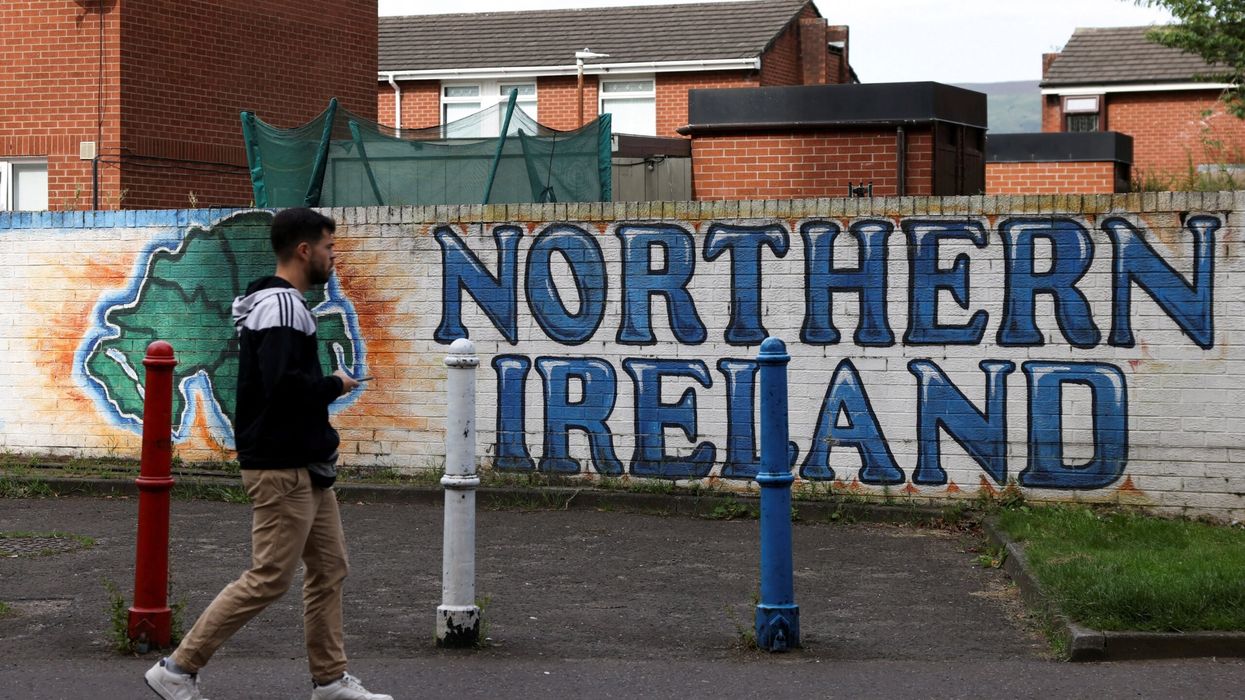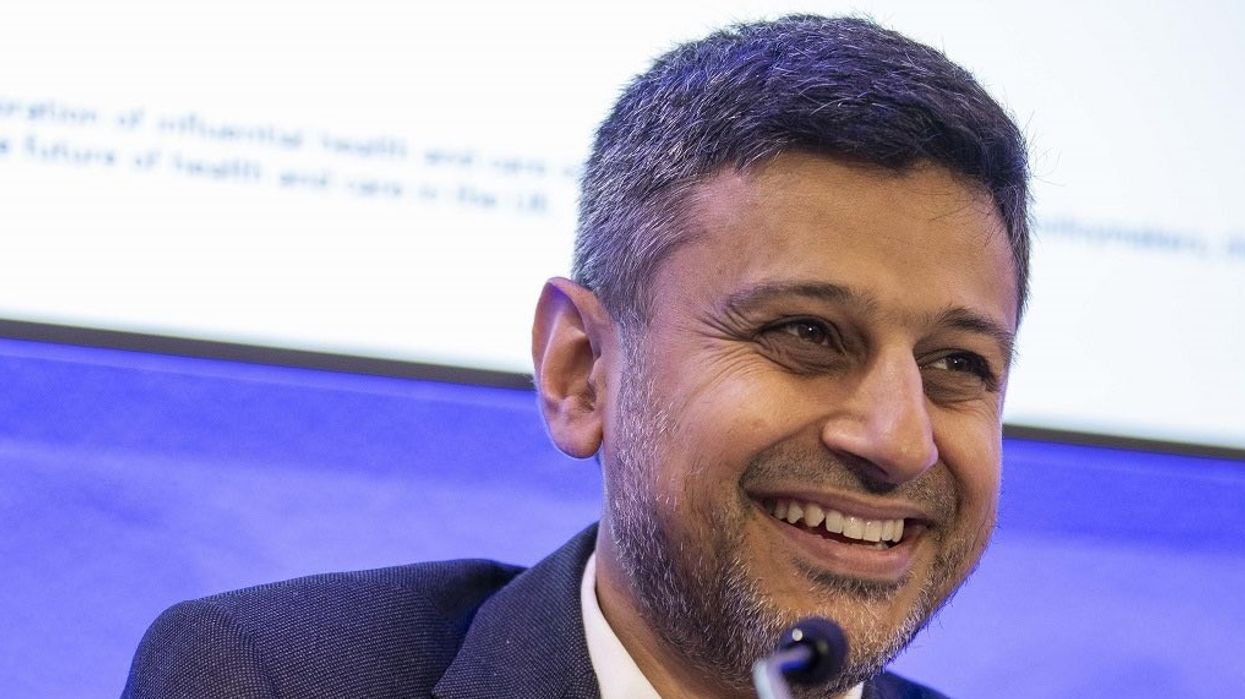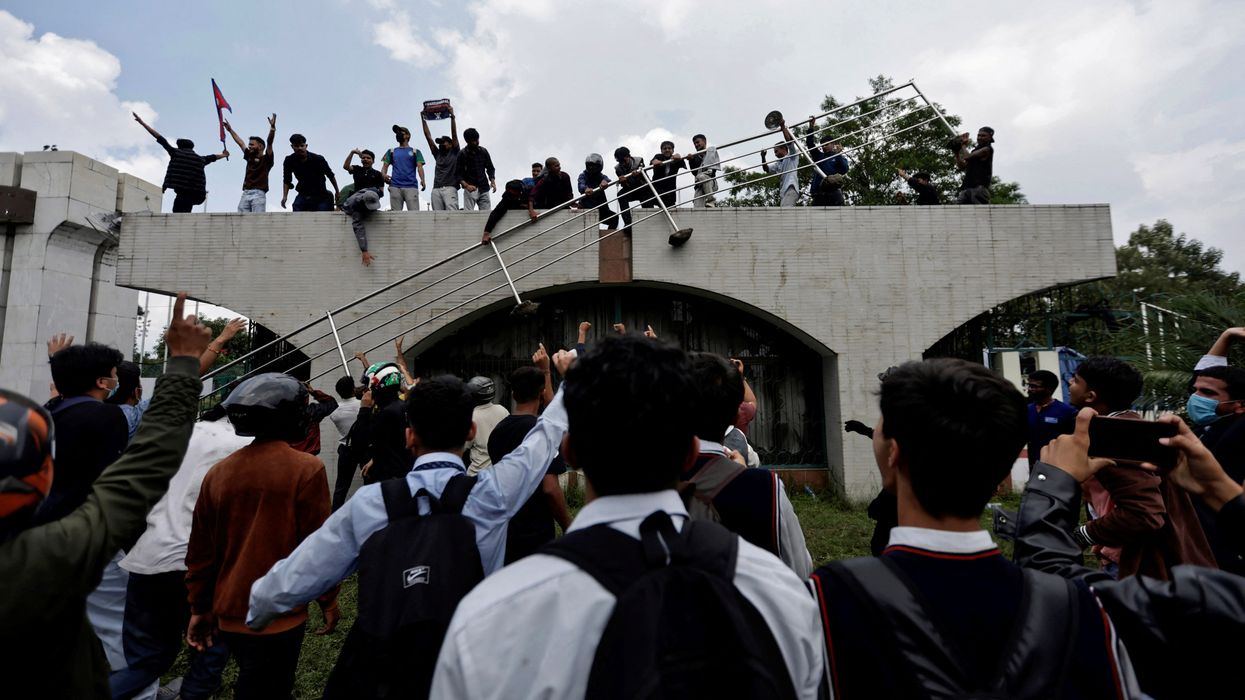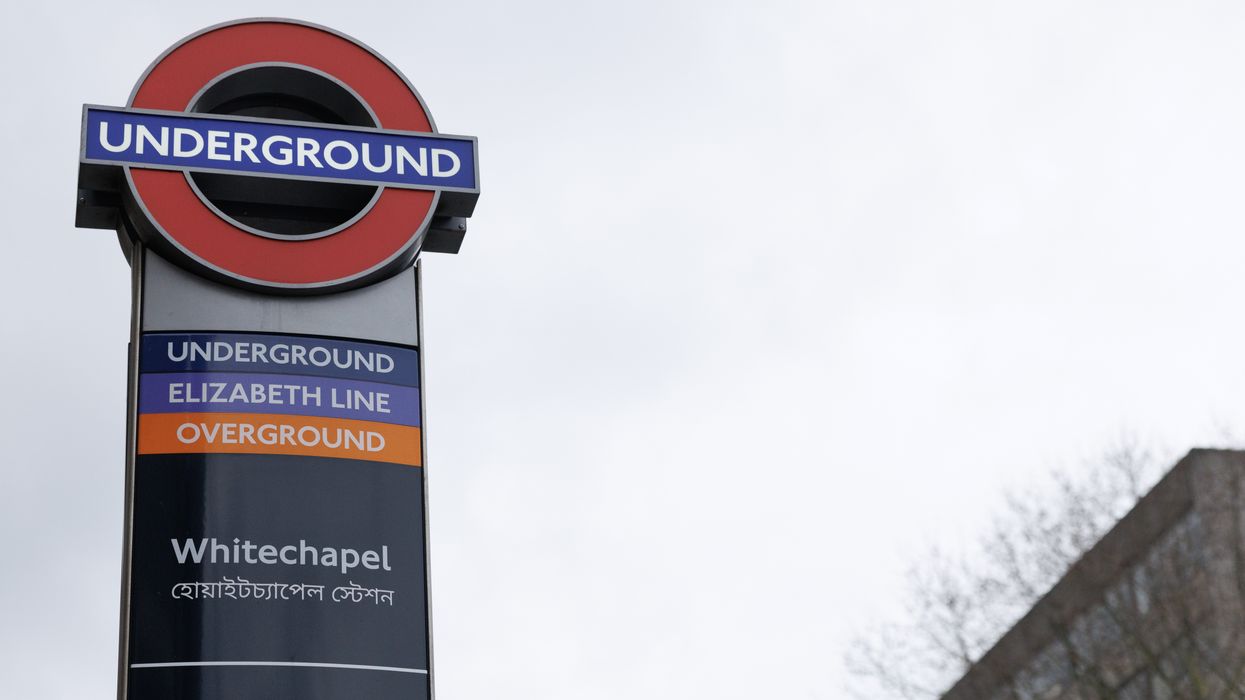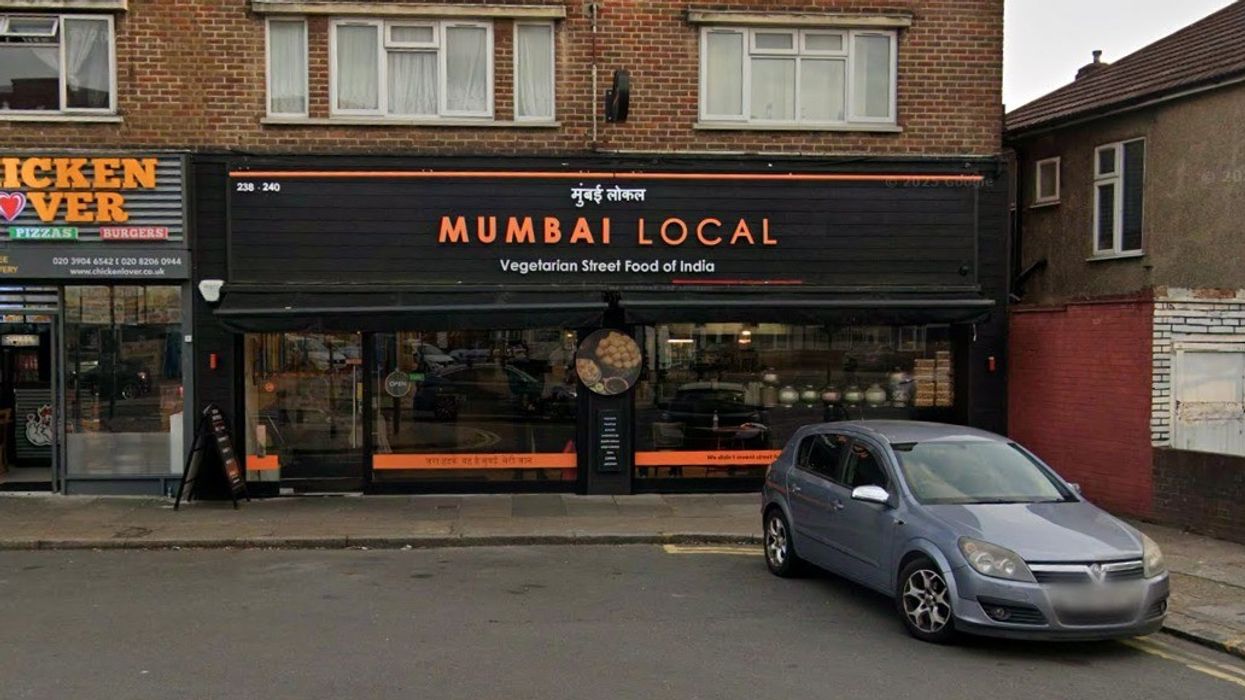Ten years after it was introduced, India's national digital identity system is becoming ubiquitous in the country, even as large numbers of homeless and transgender people are excluded and many denied essential services, a study showed.
More than 1.2 billion Aadhaar IDs have been issued, according to government data. It is the world's largest biometric identity system, and the 12-digit ID is used for everything from school enrolments to tax filings.
But an estimated 102 million people do not have Aadhaar, including 30 per cent of India's homeless population and more than a quarter of its third-gender citizens, said a report published late on Monday by Dalberg, a consulting firm.
Those without Aadhaar include about 90 per cent of residents in the northeastern state of Assam, where nearly 2 million people were left off a list of citizens published in August.
"The most marginalised populations are less likely to have Aadhaar and more likely to have errors in their Aadhaar information," said the report.
The errors could "lead to denial of welfare services, and at times exclusion," it said.
A spokesman for the Unique Identification Authority of India (UIDAI), which oversees Aadhaar, did not respond to a request for comment.
Aadhaar, which is linked to an individual's fingerprints, face and iris scan, was introduced in 2009 to streamline welfare payments and reduce wastage in public spending.
Human rights activists and technology experts have raised concerns about privacy and safety of the data, the susceptibility of biometrics to failure, and the misuse of data for profiling or surveillance.
As Aadhaar became mandatory for a range of services, the Supreme Court ruled in 2014 that it could not be a requirement for welfare programmes.
Last year, the Supreme Court upheld the validity of Aadhaar, but flagged privacy concerns and reined in a government push to make it compulsory for everything from pensions to telecoms.
UIDAI has denied reports of data breaches and misuse of data, and said it was not compulsory.
Yet Aadhaar is "de facto mandatory for bank accounts, SIM cards, and school enrolment," according to the study.
"There is a big gap between intent and implementation, and it is used as a way to avoid delivering services," said Osama Manzar, director of non-profit Digital Empowerment Foundation.
"It is the marginalised who suffer the most," he said.
This particularly affected the homeless, who often do not have proof of residence, which is needed for all government documents, said Shivani Chaudhry, executive director of advocacy group Housing and Land Rights Network in New Delhi.
"This has denied them most official forms of identity, which results in their persistent exclusion from state welfare schemes and entitlements," she told the Thomson Reuters Foundation.
The study of more than 167,000 residents was supported by the Omidyar Network.
